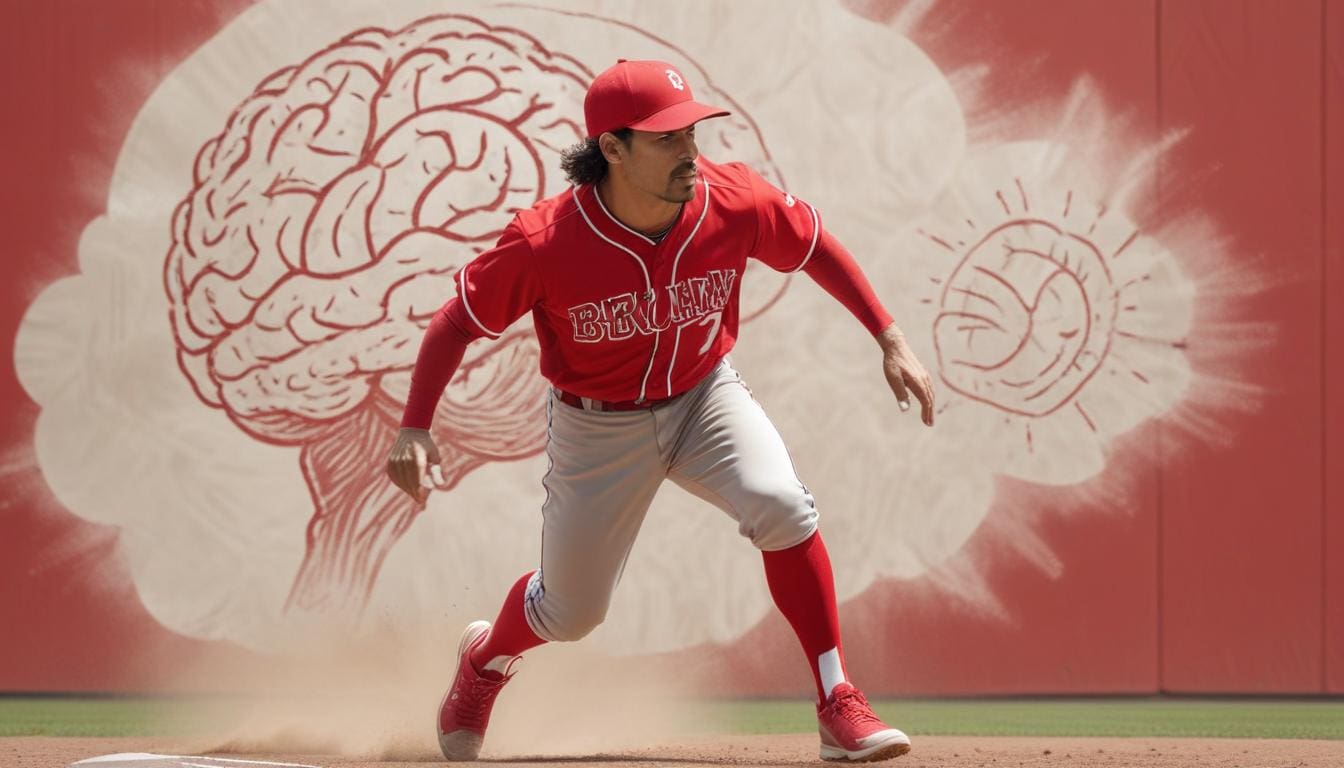DISTRACTIONS
The main issue with Distractions is that they do not last long, and second, they do not address the root cause of the issue. Distractions have three levels equivalent to mild, moderate, and severe. The three levels of Distractions are: Habit (mild), Coping Skill (moderate), or compulsivity (severe). Although all of the previous mentioned are indeed distractions, they are slightly different from each other and can all be either positive or negative. Let’s first define each one.
- Habit – A habit is merely an automatic thought, this is built automatically in the brain after repetition. It takes about 30 days to establish, modify, or delete a certain habit. A habit is usually composed by the action, the queues, and the reward. In Hypnosis habitual issues can be dealt with in one session. Some examples of habits are: reading before bed, brushing teeth right before bed, eating sweets right after lunch, smoking right after drinking, hair picking, nose picking, coffee drinking, and biting fingernails.
- Coping Skill – Coping skill is usually a behavioral sequence to avoid a certain thought, emotion, or behavior. Any of the examples on a habit level may evolve into a coping skill. A coping skill example would be relying on humor to avoid awkward silence, denial instead of accepting an unwanted feeling, blaming instead of feeling responsible, having sex to release stress, exercising to deal with depression, and adjusting expectations to not feel disappointed. Since Coping skills can be maladaptive or positive, many Psychotherapies emphasize on positive coping skills to address triggers, although this can be very effective, in many cases it does not treat the cause of the issue, making the user fall into a perpetual usage of the coping skill in order to stay away from the unwanted thoughts, emotion, or behavior.
- compulsivity – at this level, your conscious mind is no longer in control, but your subconscious cannot help it, and keeps leaning towards this thought, emotion, or behavior. An compulsivity usually ties into a secondary gain where the individual is benefiting highly from the unwanted behavior. An compulsivity already incorporates habitual and coping skills fragments in it. compulsivities usually cause a splurge of dopamine receptors making the activity as physiologically rewarding as possible.. Some examples of compulsivities are:
- Screen compulsivities – Nowadays the most permissible and mainstream compulsivity is screen compulsivity. Screen compulsivity has shown to interfere with daily living activities, especially the activities you need to do. Most individuals have restructured their brain’s bio-chemistry to attempt to replace face-to face quality time with others by staying virtually connected to virtual friends through social media. Many find it easy to just click someone away if they are no longer interested in a conversation, in other words, you no longer have any need to practice tolerance and patience. Screens usually let us choose what content we are interested in, this relates us to dopamine abuse, any compulsivity requires the brain to only satisfy at high levels by adopting the ‘I want it, and I want it now mentality’, this is very dangerous for human beings, as this gives us less and less control of our subconscious mind. Spending, buying stuff you do not need is another factor being used as a means of escape reality and should be carefully monitored.
- Partying – this activity usually includes, drinking, dancing, spending, and having impulsive sex. Now the previously mentioned activities have no issues if done in moderation and while establishing healthy relationships, however, it is not that difficult to use any of these activities to over indulge in order to escape the tough reality of life.
- Drinking – Drinking Alcohol along with screen compulsivity are on the most socially permissible activities of distraction. Alcohol is a downer, a depressant, in other words, it slows down the Central Nervous System’s brain functioning and neural activity. Most people drink in order to reduce social anxiety or limitations, but in the long term it actually does the opposite. Alcohol has been shown to actually increase depression and anxiety, Interrupt brain development, Impair learning, impair memory capacity, increase focus issues, affect vision, affect mental/physical coordination, and impair reflexes.
Related Articles
Blog, Sports Psychology




